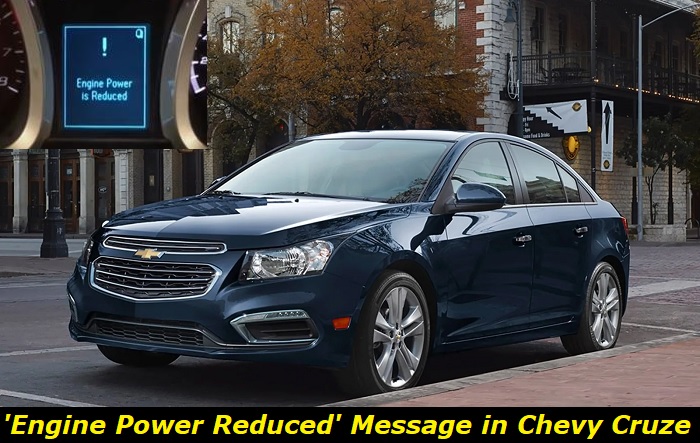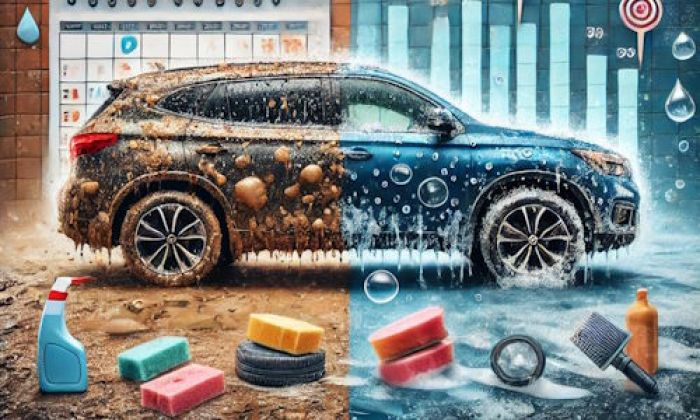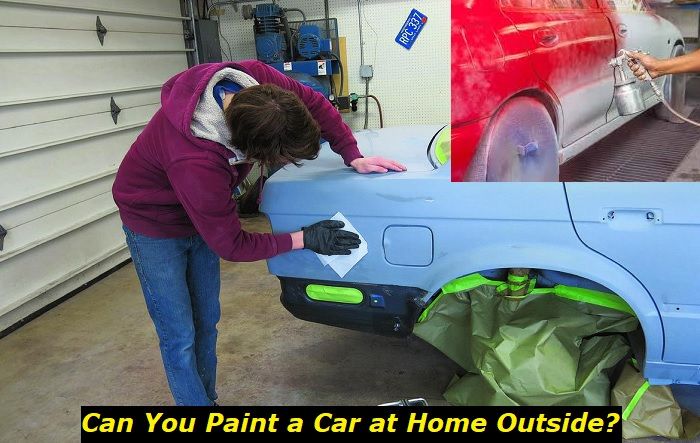Let's say you were driving along, listening to your favorite music, and then, all of a sudden, you notice a warning message that tells you "Engine Power Reduced". So, naturally, you try to accelerate to see whether this is true or not, and much to your disappointment, it is.
In this article, we're going to talk about why the "Engine Power Reduced" message can appear in the Chevrolet Cruze, more precisely, what problems can cause this error, how to fix them, how to avoid them in the future and if you should drive the car like this.

What can cause the "Engine Power Reduced" error?
This particular message, as the name suggests, tells you that the engine in your vehicle isn't performing at its full potential because of an issue. This problem isn't specific to the Chevy Cruze and it can be encountered in pretty much all of the other cars out there. However, for now, we're going to stick to the Chevy Cruze.
Here are a few things that could cause this error message:
1) Bad connections
As with all sensors and electrical equipment in general, bad connections are some of the most common things that could cause issues. If the contacts are corroded or physically damaged, they will most likely not work as intended and will cause you the error we've mentioned above.
2) Faulty wiring
Just like in the case of the connections, the wiring can be damaged or even split at certain points, which will certainly affect the way your vehicle is running. This is something that usually happens with age or because of exposure to heat and all sorts of debris.
Sometimes, the wiring can get damaged because someone messed with it in the past and they haven't clipped it in all of the points, which might end up in the wiring rubbing against rough surfaces that can damage its insulation.
3) Bad oxygen sensors
Oxygen (O2) sensors are another common failure point in this situation and whenever they go bad, they will usually trigger the Check Engine Light (CEL) as well. One thing you might notice, apart from the reduced engine power, would be the increased fuel consumption.
Also, you should keep in mind that when O2 sensors are not working properly, there is a chance that your car will not pass the emissions test, since the fuel won't be burning efficiently enough.
4) Faulty throttle position sensor
The throttle position sensor's purpose is to tell the vehicle's computer just how much throttle input there is at all times. When it stops working properly, the car will basically have no idea what the current throttle position is and it will limit the engine's performance.
5) Bad/dirty throttle body
Throttle bodies are vital components in engines and their purpose is to allow air into the engine, which is necessary in order to burn the fuel needed to power the vehicle. If they don't perform as they should, you will almost certainly notice that the engine's power is drastically reduced. However, there are situations in which the throttle body itself is still good, but the actual issue is that it's just too dirty.
6) Faulty ECU
As you may already know, the Engine Control Unit, commonly known as the ECU, is basically the vehicle's brain. Its purpose is to control pretty much all of the car's systems and equipment, such as the engine. If it fails, you will most likely encounter the "Engine Power Reduced" error, but you could also notice all other sorts of running issues. They don't fail that often, but they can be damaged if exposed to increased vibration or moisture.
7) Bad/Clogged diesel particulate filter (DPF)
This is something that applies to diesel-powered vehicles and it will almost certainly reduce the engine's power when it happens. Usually, diesel particulate filters, known as DPFs, don't fail that easily, but the thing that seems to affect most of them is the fact that they're getting clogged. How does this happen?
The simple answer is that they are driven way too often in towns and not enough on highways, where they should be driven. However, they are still components that need replacing at some point, so they can also fail altogether, in which case no cleaning will ever fix them.
How to fix the issues?
Fixing the issue really does depend on what the actual cause of the problem is. However, before attempting anything else or before rushing to the parts shop, we recommend you do what you should always do whenever you notice a warning light or message in the instrument cluster: perform a diagnostic.
By performing a diagnostic, you will be able to read all of the error codes stored in the vehicle computer's memory and you can continue the troubleshooting process from there. Simply trying to replace one component at a time will not only take a lot of your time but also a lot of your money and it might not even yield any results, which is why we definitely do not recommend you to do so.
If the wiring and the connectors are faulty, you will be happy to know that they can usually be fixed. However, if there's a lot of wiring that needs to be checked, a specialist can end up charging you quite a lot of money, since this operation will take a lot of time, so be prepared for that.
Components such as oxygen sensors and throttle position sensors are usually very easy to replace and, most of the time, are not that expensive, so if one of them is causing you trouble, things shouldn't get too expensive.
A faulty throttle body can be quite expensive, especially if we're talking about an electric one, but before replacing it, you might want to try cleaning it. There are special solutions dedicated to cleaning throttle bodies, so you could attempt cleaning the one in your car, paying attention not to touch the actual flap if it's an electric throttle body you're dealing with, since that could decalibrate or even damage it.
A bad ECU will be expensive to buy a brand new one from the dealer, but you could also try to buy a verified used one, but only if the price difference is worth the risk. You should also keep in mind that replacing the ECU will probably need some coding and if you are unfamiliar with this procedure, we recommend you seek help from a specialist.
If the diesel particulate filter is the one that's acting up, one thing you could try would be to send it to someone who deals with them on a daily basis, because they might save it. Many times, they can be chemically cleaned with special solutions and tools, meaning they will be good for many more miles. However, if the DPF is permanently damaged, you should know that they are quite expensive to buy brand new and most of the used ones out there are probably in the same state as yours, so we wouldn't recommend you to try this solution.
How to avoid problems in the future?
Unfortunately, there really isn't much you can do in such situations in order to avoid problems, since most of these issues aren't caused by drivers and owners messing with their cars. Usually, they are caused by age and mileage, in which case you should expect to replace certain parts after a longer period of time.
However, going back to the diesel particulate filter, we can recommend you do a few things that could help extend its lifespan:
- Avoid short drives - Diesel-powered vehicles are meant to be driven outside of towns, more precisely, on highways. Constantly going for short drives, especially around town, can and will cause permanent damage to any DPF.
- Use only recommended oils - Vehicles fitted with particulate filters are especially sensitive when it comes to the oil you use, so make sure to use exactly the type of oil specified by the vehicle's manufacturer.
- Don't drive too hard if not 100% necessary - DPFs are quite sensitive to extreme temperatures, so we would recommend you not to drive your diesel-powered vehicle too hard, especially if you don't have a very good reason to do so.
Should you drive like this?
The answer to this question really depends a lot on just how much the engine power is reduced. If you find it suitable for your needs, it should probably be OK to drive like this for a very short period of time, until you can get to a shop to fix it, but if you cannot perform an overtaking manoeuver safely, then we definitely do not recommend you to drive the vehicle anymore and have it fixed as soon as possible since you might end up putting yourself in some very unpleasant situations.
Final thoughts
Errors such as the "Engine Power Reduced" are not something unheard of, regardless of the vehicle being a Chevy Cruze or any other make and model and they can be quite frustrating to deal with since you cannot use your vehicle's engine to its full potential.
About the authors
The CarAraC research team is composed of seasoned auto mechanics and automotive industry professionals, including individuals with advanced degrees and certifications in their field. Our team members boast prestigious credentials, reflecting their extensive knowledge and skills. These qualifications include: IMI: Institute of the Motor Industry, ASE-Certified Master Automobile Technicians; Coventry University, Graduate of MA in Automotive Journalism; Politecnico di Torino, Italy, MS Automotive Engineering; Ss. Cyril and Methodius University in Skopje, Mechanical University in Skopje; TOC Automotive College; DHA Suffa University, Department of Mechanical Engineering






Add comment